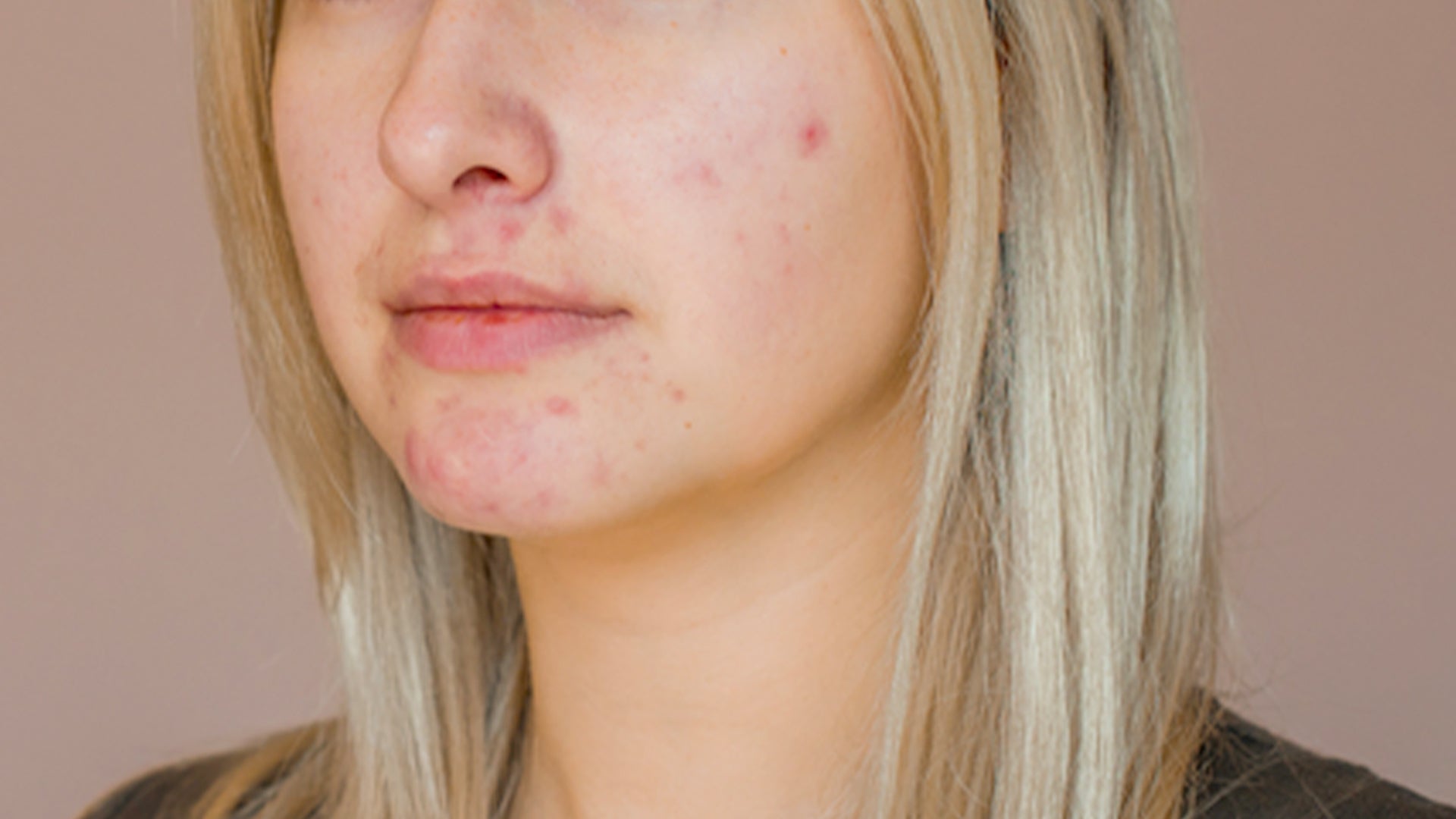Written by - Prakruthi singh
Acne-prone skin is complicated to handle in general, let alone when it comes to foundation. Of course, coverage is important, but you also need a base product that won't clog pores or cause irritation or oil production. The key is to choose a light, matte option that will provide adequate coverage while also caring for sensitive skin.
It is commonly recommended to stay away from makeup while your acne is actively breaking out. This doesn’t mean that you have to ditch the makeup completely. You just need to follow an appropriate skincare routine and choose your products wisely, especially the makeup base foundation. Let’s help you decode the routine.
Foundation Routine -
You must consider the steps mentioned in order to get a flawless base even when you are breaking out.
Have a hydrating base!
After you cleanse your skin, to begin with prepping before makeup, apply hyaluronic acid for a hydrating base so that skin doesn't dehydrate because of makeup. Hyaluronic acid is known for its hydrating properties and could help to give you a flawless makeup look.  The Primer is your best buddy!
The Primer is your best buddy!
When you are done moisturising your skin, you must begin your makeup with a primer. Using a silicon-based primer will help with no clogging. These primers will let your makeup last longer.
The most essential benefit of using a silicone-based primer for oily or acne-prone skin is that it reduces the appearance of pores while balancing redness and hydrating the skin at the same time.
The salicylic acid-based foundation will work well!
Salicylic acid is best known for exfoliating skin and keeping pores clear, resulting in acne reduction. As for foundation, you must opt for an oil-free liquid foundation with a low concentration of salicylic acid. This will remove excess oil and won’t clog the pores as well.
Test, test, test!
Since acne-prone skin is so sensitive, you must test your product before applying it directly. This is an important step to check the formulation of the foundation product. You must do a patch test on your skin and check if it causes any rash or redness. In short, you must stick to good quality, a non-comedogenic foundation with the right formulations to avoid skin irritation later.
Setting spray over compact powders!
If you search for oil absorption, you might find compact powders or setting powders, but you must be cautious about the quantity you use. Setting powders are absorbed into the skin and lock in the makeup while the compact sits over it. If used in access, this could cause breakouts. So, you can instead try to stay away from setting or compact powders that will seal products into the pores and replace them with setting spray.
Keep the makeup tools clean!
Dealing with acne-prone skin isn’t an easy task. Anything at any time could cause the allergy, leading to breakouts. Hence, you must be careful. While doing makeup, always use a clean brush. Latex blending sponges can be allergic if not cleansed thoroughly.
Makeup removal routine:
This is an important step when you talk about the skincare routine. Makeup removal must be done in order to prevent clogging of pores, which later can cause breakouts. You just need to follow three simple steps.
Cleansing
Remove your makeup with micellar water, depending on how heavily you have used the makeup, and follow up with double-cleansing. Rosehip oil or jojoba oil-based cleanser followed by a water-based cleanser will not only help you unclog the pores but also balance your skin and keep it hydrated.
Tone and exfoliate.
You must tone your skin after cleansing it. Follow up with exfoliating serums like Mandelic, lactic, or BHA. This will help to remove all other impurities and prevent the clogging of pores. Exfoliation also helps in dead skin cell removal, which could in turn reduce buildup and breakouts.
Moisturize
This niacinamide-based niacinamide-based moisturiser will help you keep your skin calm and hydrated. Do not forget your lips.
A proper skincare routine is a must to prevent your skin type from facing multiple side effects. So, dare not skip any step, it will keep your skin healthy!
One of our previous articles talks about applying concealer and skincare after makeup removal. You can have a look!
Suganda has strict sourcing guidelines and relies on peer-reviewed studies, academic research institutions, and medical associations. We avoid using tertiary references.
Sources:
1.Baumann L. “Cosmetics and skin care in dermatology.” In: Wolff K, Goldsmith LA, et al. Fitzpatrick’s Dermatology in General Medicine (seventh edition). McGraw Hill Medical, New York, 2008:2360.
2.https://www.webmd.com/skin-problems-and-treatments/acne/acne-skin-care-makeup






 +91 9347578980
+91 9347578980